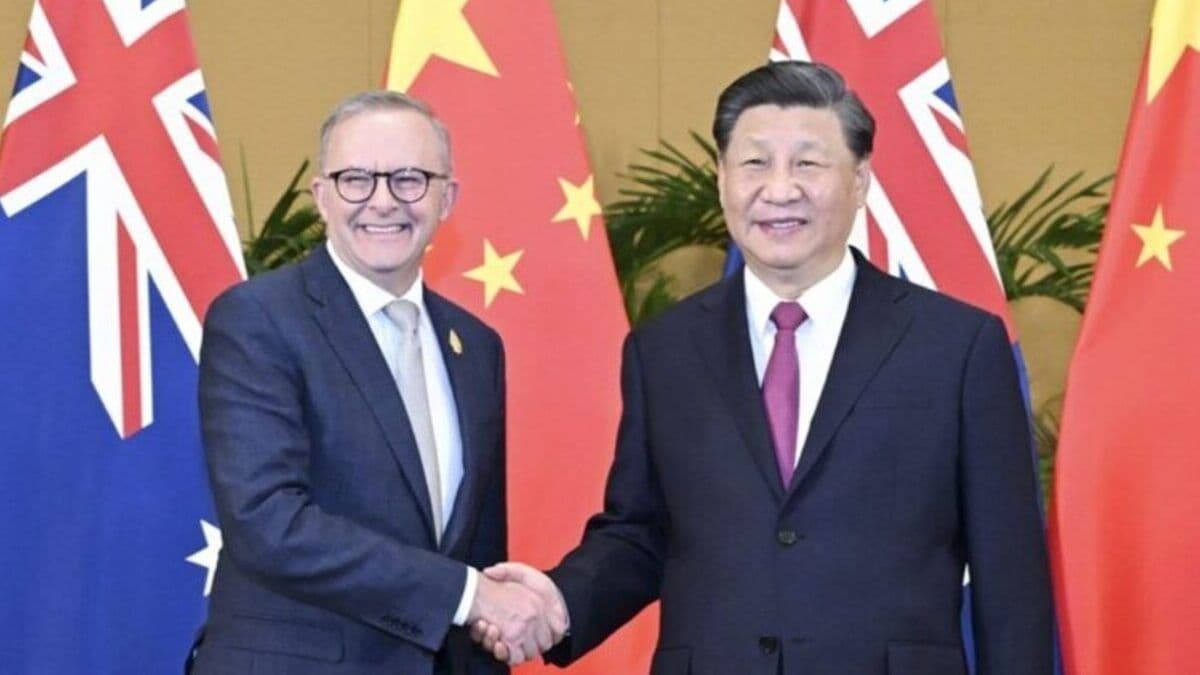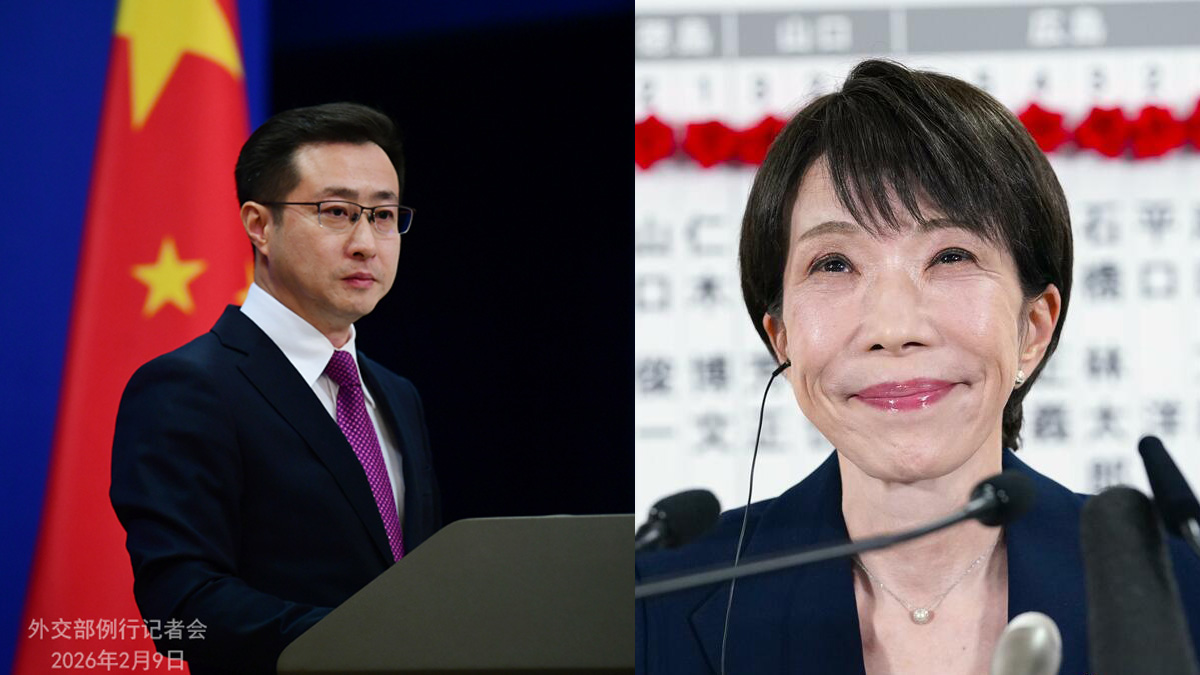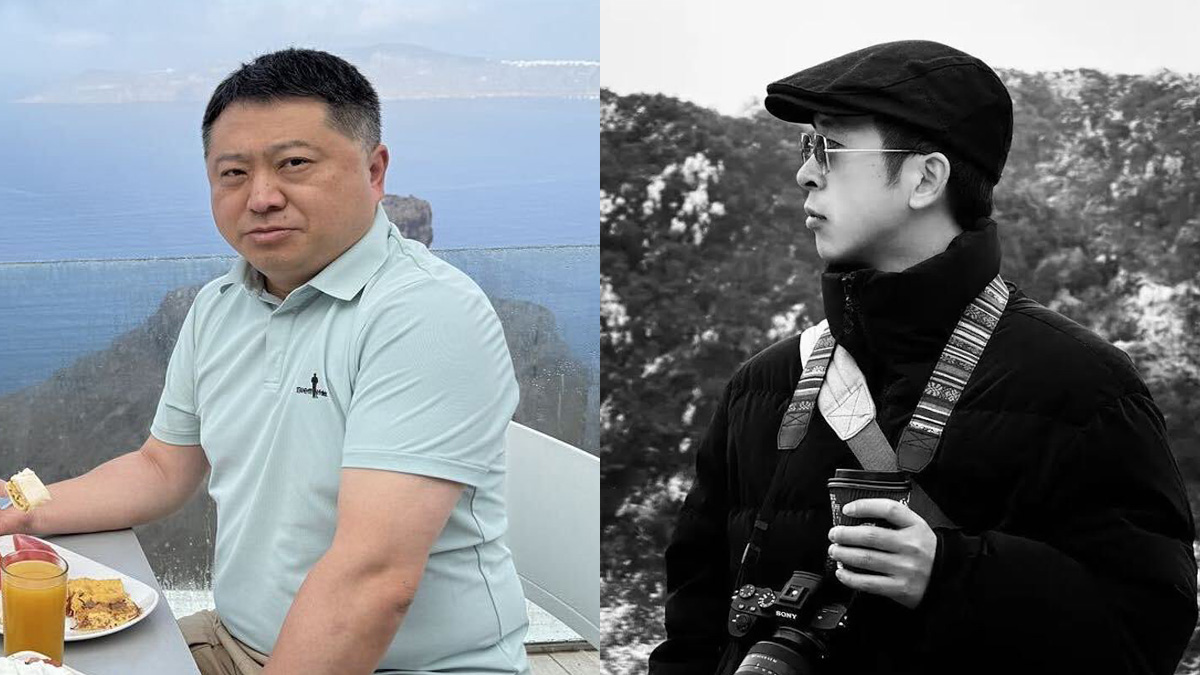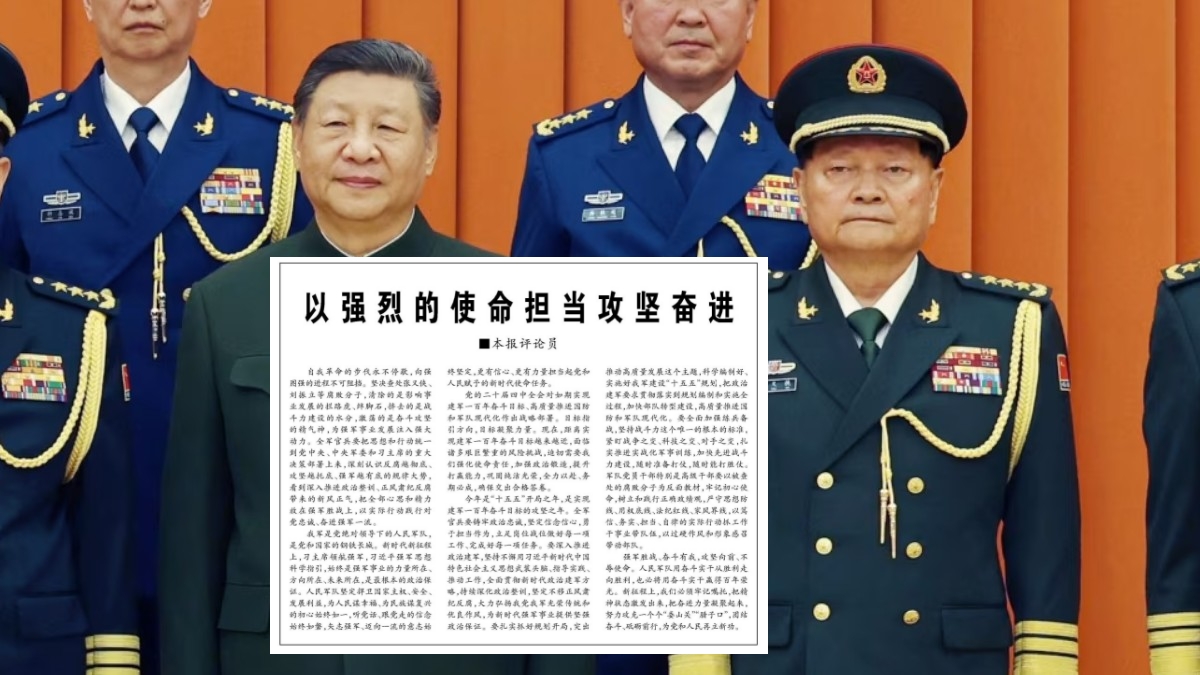Xi Jinping congratulates Anthony Albanese on re-election, signals closer China-Australia ties
Chinese President Xi Jinping has congratulated Anthony Albanese on his re-election as Australia’s prime minister, emphasising stronger bilateral cooperation and regional stability. The message reflects Beijing’s intent to build on a recent thaw in relations after years of trade sanctions and diplomatic strain.

- Xi Jinping congratulated Anthony Albanese on his re-election, emphasising stronger China-Australia cooperation and global stability.
- The gesture represents a diplomatic upgrade after years of trade sanctions and strained relations.
- China’s outreach to Singapore’s Lawrence Wong, also newly elected, was delivered at a lower level, reflecting different priorities.
Chinese President Xi Jinping has congratulated Anthony Albanese on his re-election as prime minister of Australia, in a direct message that underscored Beijing’s willingness to advance bilateral ties.
The congratulatory note, issued on 13 May 2025 through the State Council of the People’s Republic of China, marked a continuation of the recent thaw in relations between the two nations.
Xi calls for deepened cooperation
In his message, Xi highlighted the importance of strengthening the China-Australia comprehensive strategic partnership “in a steady fashion”. He said recent engagements between the two leaders had addressed “strategic, comprehensive and directional issues” and produced “important consensuses” to guide the relationship.
Xi added that closer ties between Beijing and Canberra carried significance not only for both countries but also for regional development and global peace.
The timing of the message coincided with the swearing-in of Australia’s new cabinet, symbolising the formal start of Albanese’s second term following his re-election on 3 May.
Albanese secures stronger mandate
Albanese’s Labor Party won 93 seats in Australia’s 151-member House of Representatives, strengthening its majority. The victory was widely seen as a mandate to continue his government’s policies on climate change, economic management, and international engagement.
China’s foreign ministry had earlier sent routine congratulations following the election, but Xi’s personal outreach is viewed as a significant upgrade, signalling Beijing’s intent to rebuild trust and cooperation after years of turbulence.
Past tensions cast a long shadow
Relations between the two countries deteriorated sharply under the previous Australian government, which raised concerns over Chinese influence in domestic politics and Beijing’s growing assertiveness in the Indo-Pacific.
China retaliated with trade restrictions worth an estimated US$20 billion, targeting Australian exports such as wine, barley, coal, and beef. Diplomatic contact at senior levels was largely frozen.
While many of these sanctions have eased since 2022, lingering mistrust has remained a challenge.
Strategic frictions remain
Even as diplomatic messages highlight cooperation, military developments continue to test the relationship.
In February 2025, the People’s Liberation Army Navy conducted live-fire drills and a circumnavigation of Australia. The exercises, staged around 640 kilometres off the New South Wales coast, disrupted 49 commercial flight routes between Australia and New Zealand.
Canberra described the manoeuvres as destabilising, although it stopped short of escalating its response beyond formal protests.
Xi’s message of goodwill to Albanese therefore represents a nuanced attempt to balance diplomatic engagement with China’s broader strategic posture in the region.
Comparing China’s approach to Singapore
The level of Beijing’s outreach to Australia contrasts with its approach to Singapore, which also held its general election on 3 May 2025.
Prime Minister Lawrence Wong led the ruling People’s Action Party (PAP) to a decisive win, securing 87 out of 97 parliamentary seats and raising the party’s popular vote share to 65.57 per cent, up from 61.23 per cent in 2020.
In this case, China’s response came at the level of a foreign ministry press briefing. Spokesman Lin Jian congratulated Wong and the PAP on 6 May, highlighting the 35th anniversary of diplomatic ties between the two nations.
Lin said China was ready to deepen cooperation with Singapore across multiple sectors, describing the bilateral relationship as an “all-round, high-quality, future-oriented partnership”.
Symbolic diplomacy in regional context
Observers note that Xi’s personal message to Albanese signals China’s priority in stabilising relations with Australia, a major trading partner and a key player in US-aligned security groupings such as AUKUS and the Quad.
By contrast, the more routine approach to Singapore suggests Beijing is content with steady, incremental progress in that relationship, without the need for additional symbolic gestures.
Australia’s resource exports, including iron ore and liquefied natural gas, remain critical to China’s economy, providing another incentive for improved ties.
At the same time, Australia’s deepening security cooperation with the United States and Japan continues to complicate the bilateral dynamic.
Looking ahead
Albanese’s second term provides both sides with an opportunity to build on recent efforts at stabilisation. His government has emphasised a pragmatic approach—maintaining Australia’s security partnerships while seeking to restore trade and dialogue with China.
Xi’s outreach reflects a parallel interest in ensuring steady relations, particularly as Beijing navigates slower economic growth and seeks stable supply chains.
Whether this diplomatic goodwill can translate into lasting trust will depend on how both nations manage ongoing strategic frictions, especially in the maritime domain.







